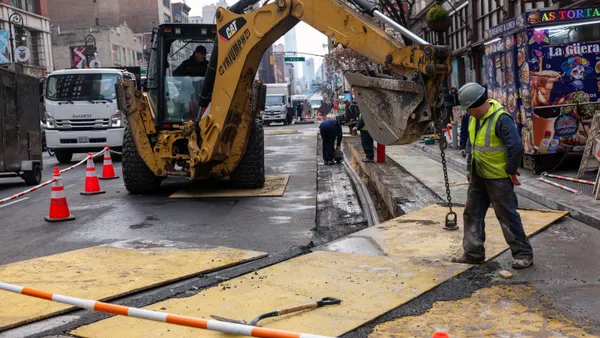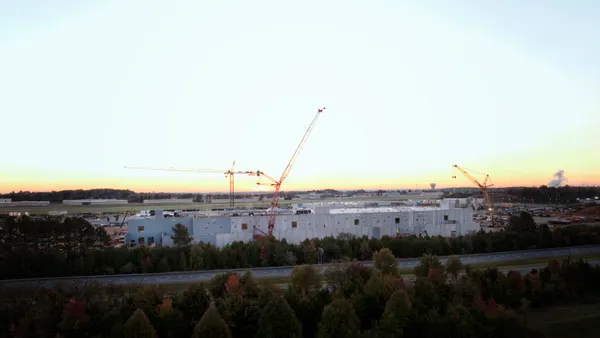Dive Brief:
- Although New York City’s 421-a tax break expired in January, New York Mayor Bill de Blasio has rolled out a new policy under the program that requires developers to make some of the mandatory affordable units available to individuals currently living in homeless shelters, according to The New York Times.
- Before the change, half of the 20% of a project’s units reserved for low- to moderate-income tenants were made available through a lottery while the rest were distributed to locals, the elderly, veterans and people with disabilities.
- Developers responded with concerns that the change would bring in people with serious mental health or substance abuse problems, as well as that people who were already told they were getting a subsidized apartment may not actually be. City officials said the units would be given primarily to people who couldn’t afford the city’s high housing costs. The city has estimated that the change will affect 750 units so far.
Dive Insight:
A failed wage agreement between New York City’s unions and developers in January spelled the end for the 421-a tax break, which would have been extended four years from June 2015 providing the two groups could strike a deal by Jan. 15. The loss of the incentive was noticeable, with residential construction permits in the city falling below 2009 levels in January 2016. That followed a glut of permits issued in 2015 compared to 2014 as developers rushed to beat the credit’s likely expiration on Jan. 15, 2016.
In August, New York Gov. Andrew Cuomo put forth a state-funded wage subsidy proposal — reimbursing developers for 30% of minimum wage labor costs and requiring 25% to 30% of a project’s units to be reserved at below-market rates — to revive the 421-a program.
Cities nationwide are struggling to keep up with demand for affordable housing as tight inventory pushes prices skyward. In 2014, a record-high 21.3 million people spent more than 30% of their monthly income on housing, according to the Joint Center for Housing Studies, with a majority of low-income households spending more than half of their income on housing.
Other cities exploring inclusionary zoning and inclusionary housing include Seattle, Portland, OR, and San Jose, CA. In Chicago, homebuilders recently lost a challenge to the city’s Affordable Requirements Ordinance that would require residential developers whose projects mandate zoning modifications or city land or funding to include affordable units or pay into a fund for affordable housing.
For more housing news, sign up for our daily residential construction newsletter.














